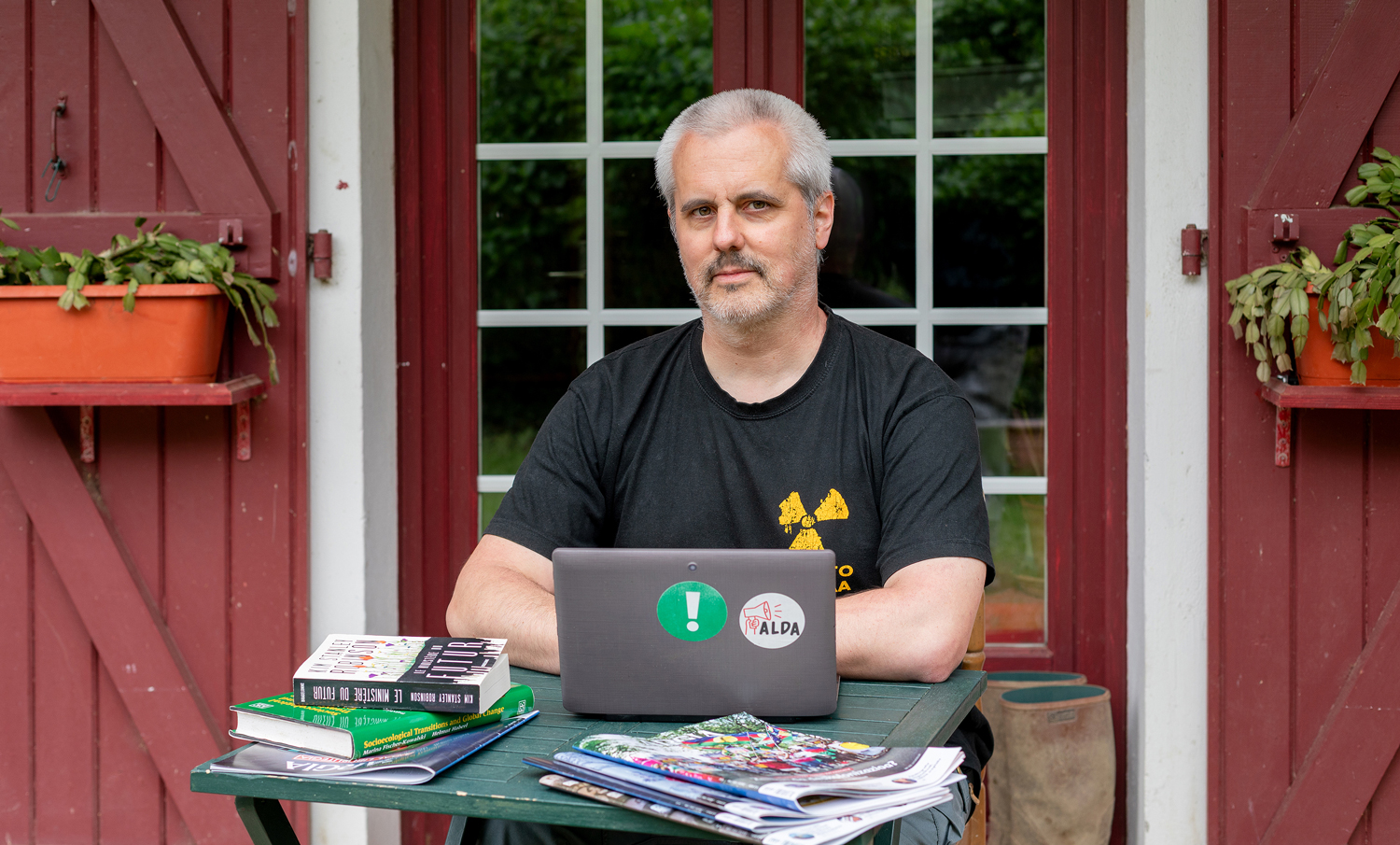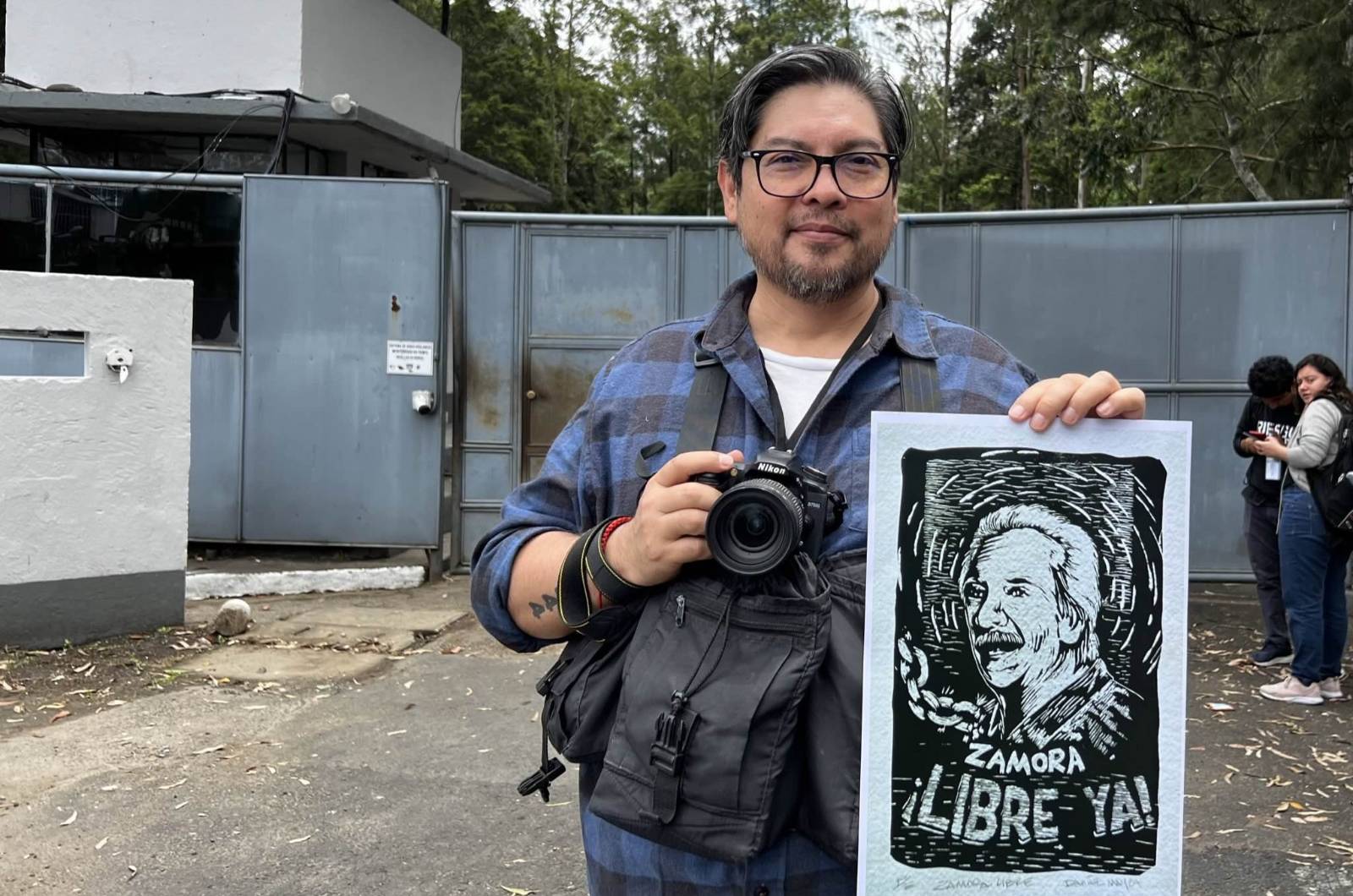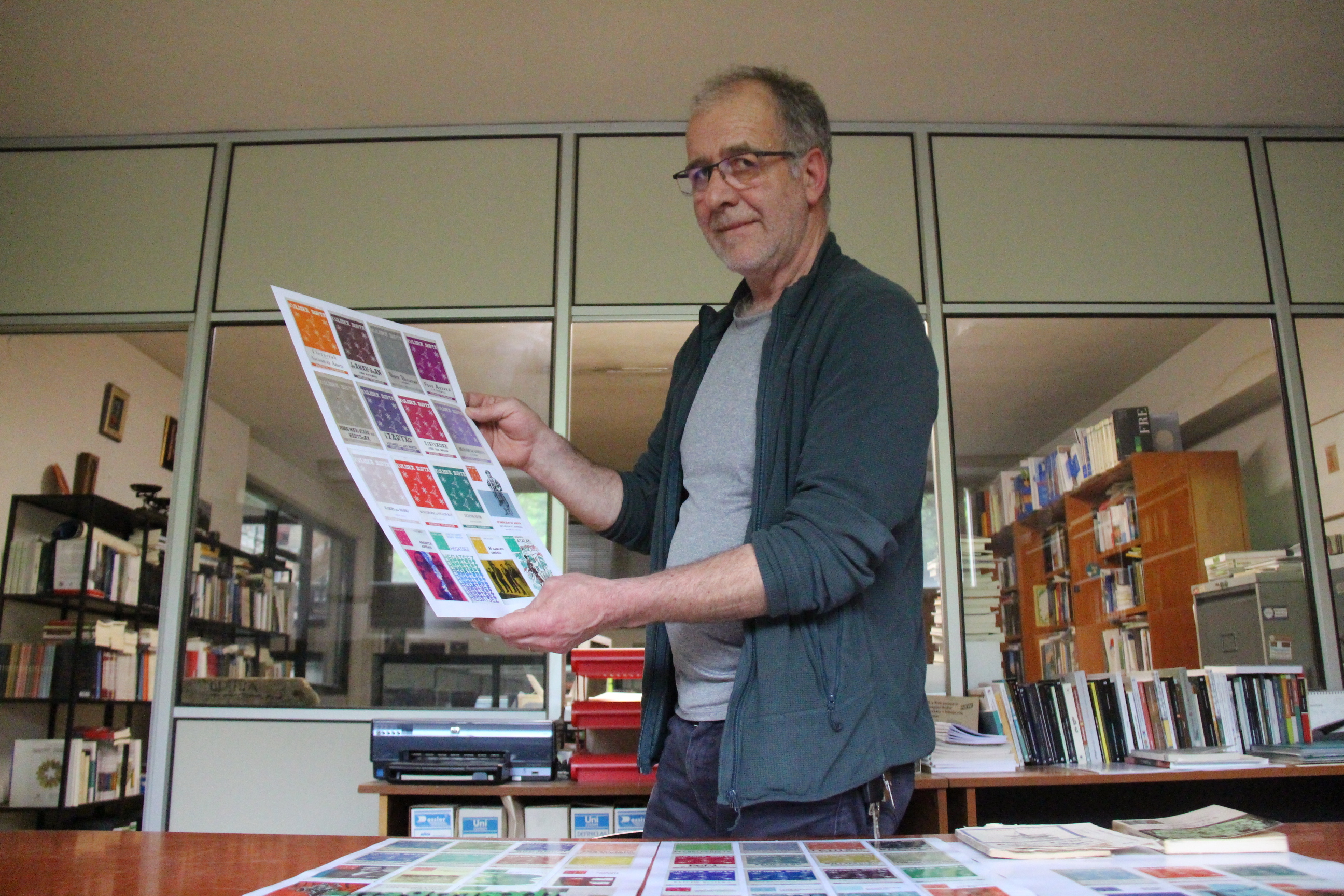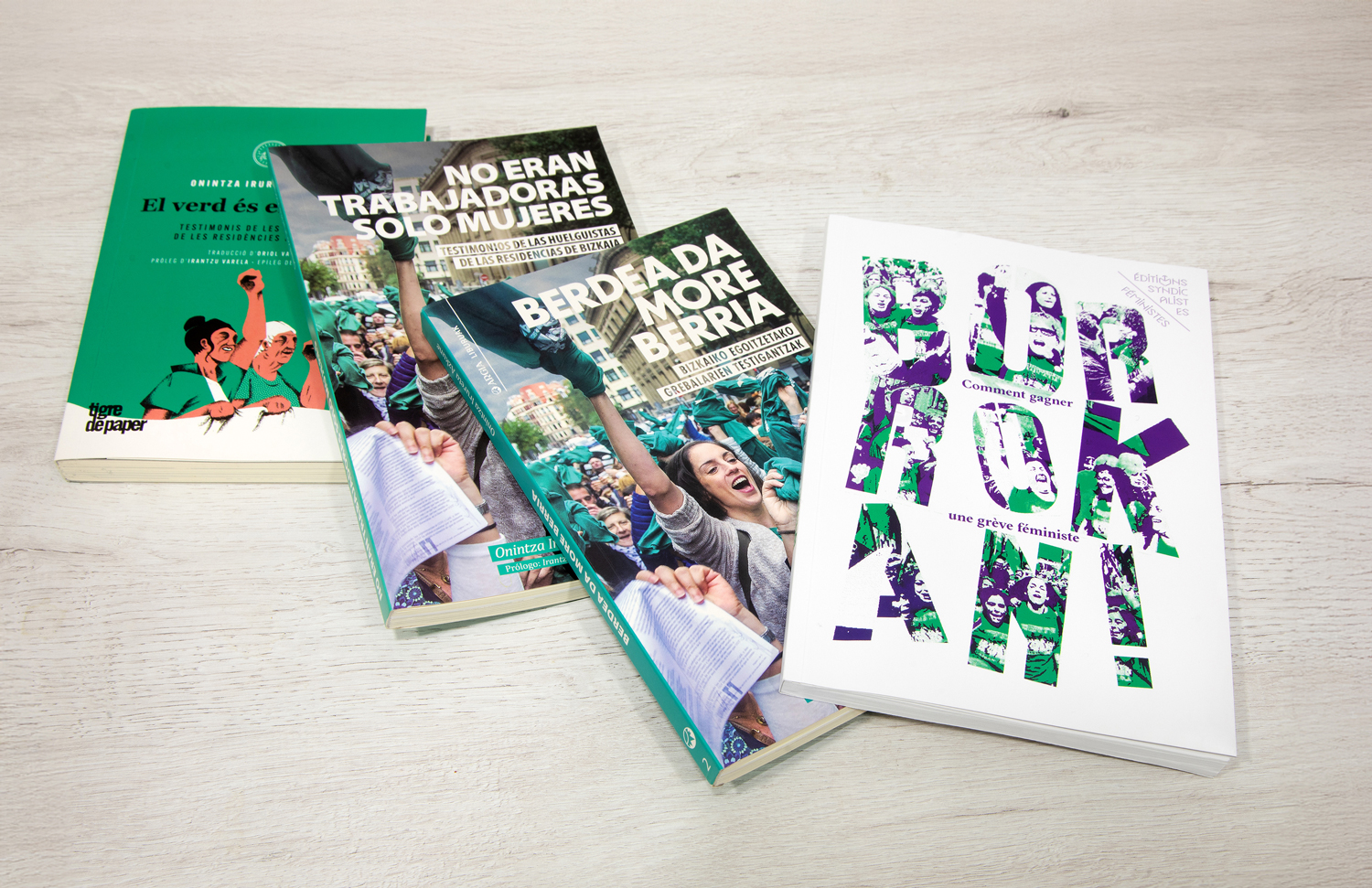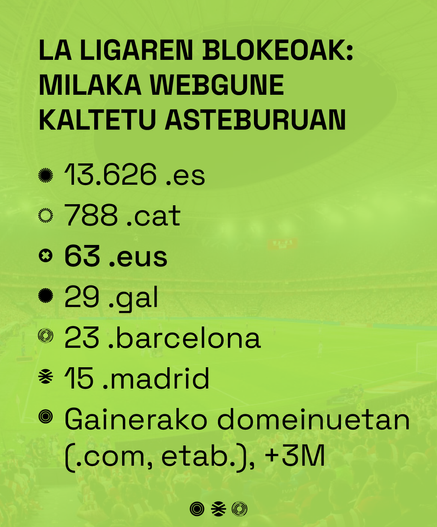The employees of 'El Diario Vasco', on strike of signatures, now go on strike to call for a wage increase
- On 19, 20 and 21 June a strike was called between the workers of El Diario Vasco for not making progress in updating the collective agreement. In addition, since 30 May, journalists have carried out a strike of signatures: “In order to hide it, the company gives priority to the information that bears the signature of workers who are not on the job,” they denounced.

The waters are proud of the best-selling newspaper in Gipuzkoa, El Diario Vasco. His team has been mobilizing for several weeks every Monday, on so-called “Black Monday”, to update the collective agreement and increase their salaries according to the CPI, among others. But seeing that no progress has been made in the negotiations, they decide to go on strike.
The strike will take place on 19, 20 and 21 June and 55 votes in favour, 86% of the attendees, have been received at the workers’ assembly. Precisely, the strike will coincide with the day of the investiture session of the PNV candidate, Imanol Pradales, as lehendakari of the Basque Country.
But before that a concentration will be held on Thursday, 13 June, when the Management Board will meet to discuss the matter.
The Working Group has been mobilising for several weeks every Monday, on so-called “Black Monday”, to update the collective agreement and increase wages on the basis of the CPI.
The majority trade union on the works council, ELA, explained that workers have been “frozen” in high tables for twelve years, while those who pay less continue to “lose purchasing power”. On the contrary, “the Basque Publishing Company, which owns El Diario Vasco, accumulates millions of profits every year and distributes very important dividends to shareholders”.
Strike signature
Since 30 May, journalists in El Diario Vasco have been conducting a strike of signatures along the same lines, and the journalists in the report do not sign their articles.
The Works Committee has denounced in its X account that the company has concealed it: “In order to reduce visibility, it prioritizes the information signed by Colpisa, correspondents and staff not included in the staff against the journalistic criterion.”
The articles of other journals of the Vocento group can be consulted these days on the pages of the Diario Vasco, as well as the occasional employees and scholarship holders who “do not exceed 700 euros per month of contract”
Thus, in the pages of El Diario Vasco you can see the articles of other journals of the Vocento group, as well as any and any scholarships that “do not exceed 700 euros per month of contract”, as explained by El Salto.
The Diario Vasco was founded in 1934 and was an enthusiastic sponsor of the 1936 uprising and the Franco regime. Currently it belongs to the Sociedad Vascongada de Ediciones, S.A. and is part of the communication group Vocento. The shareholders of the company include Bergareche, Ybarra, Echeverria, Zaragüeta and other known names.
Euskaraldiaren atarian, beste behin, Pantailaldia egingo da. Maiatzaren 6tik 15era iraungo du, eta euskarazko ikus-entzunezkoen kontsumoa sustatzea izango da helburua.
Baina non gaude, non dago euskara ikus-entzunezkoen mundu zabalean, nora goaz? Zein hutsune, zein erronka... [+]
Now that everyone has become more Franciscan than the Pope, it’s worth remembering our unsurpassed classics. There was one in the 17th century, his grace was Arnaut Oienart. And since we can’t immerse ourselves in all his works, today we will praise O.ten youth in... [+]
In 2025, at least one journalist was murdered in Guatemala and another disappeared. It is dangerous to do journalistic work in this country, and so has Reporters Without Borders, in the World Press Freedom Classification 2025, published on May 2. Guatemala ranks 138th out of 180... [+]
I found the old news on the LIGHT ephemeris channel: On April 23, 1918, Irish workers went on a general strike in I. Against forced recruitment for World War II. Thanks to the response of the workers and independence supporters, Britain was forced to retreat.
We don’t have to... [+]
Apirilaren 24an, ETB1ean, jendeak aspalditik eskatzen zuen programa eredu bat estreinatuko da: Linbo, late night formatuko ordubete inguruko saioa, gazteek eta gazteentzat egina.










